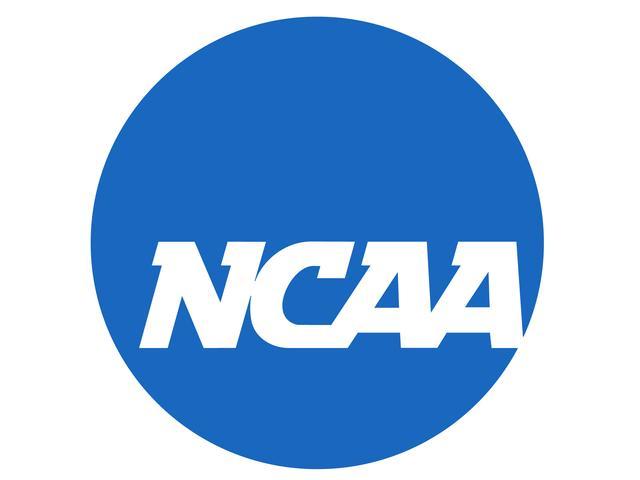 In the past year, states like Tennessee, have taken great efforts to expand their definitions of “sports agents” within their respective athlete agent laws. Whether or not new states’ legislation will actually bring a change to states’ enforcement of the regulations remains to be seen.
In the past year, states like Tennessee, have taken great efforts to expand their definitions of “sports agents” within their respective athlete agent laws. Whether or not new states’ legislation will actually bring a change to states’ enforcement of the regulations remains to be seen.
Last week, the NCAA revealed that it too has begun seriously considering an expansion of its definition of athlete agents. The NCAA’s Amateurism Cabinet’s proposed changes to the NCAA’s athlete agent definition actually closely resemble the changes made in the state of Tennessee. The Amateurism Cabinet wants to increase the scope of its athlete agent definition to include the following entities:
1. Anyone who represents or attempts to represent a prospective or current student-athlete in the marketing of his or her athletics ability or reputation for financial gain; or
2. Anyone who seeks to obtain any type of financial gain or benefit from securing a prospect’s enrollment at an institution or a student-athlete’s potential earnings as a professional athlete.
Also like Tennessee, the NCAA is concerned about runners, marketing representatives, financial advisors, and the Cam Newton Loophole. And it also has a similar “Will Lyles provision” – The cabinet’s proposal expands the definition to include people marketing athletics skills to a collegiate institution for personal gain. However, the NCAA has made it clear that the personal financial gain will have to be significant enough to warrant the the attention of the NCAA. Subjective, but I guess some leeway is necessary.
If the NCAA’s Division I Legislative Council approves the Amateurism Cabinet’s athlete agent definition proposal, it will then go up for final approval in April 2012. If approved, it will go into effect immediately. Thus, while the new definition will certainly have no role in the 2011-12 NCAA seasons, it could start to have some influence on collegiate sports immediately thereafter.
